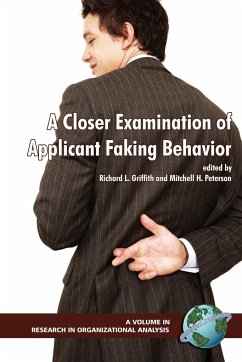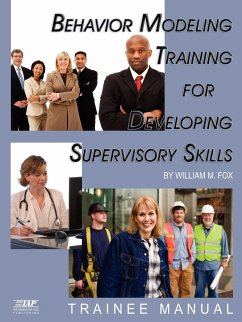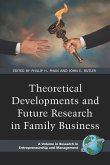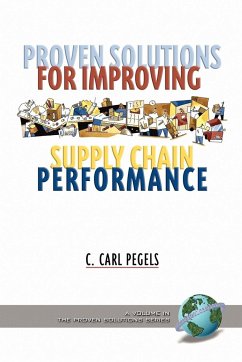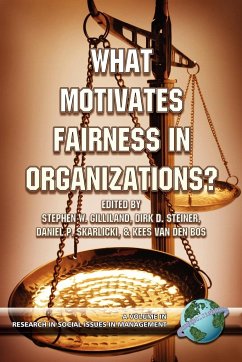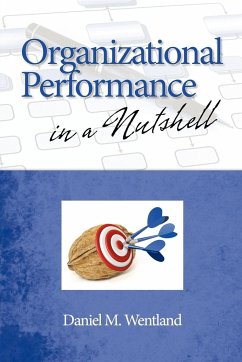The faking of personality tests in a selection context has been perceived as somewhat of a nuisance variable, and largely ignored, or glossed over by the academic literature. Instead of examining the phenomenon many researchers have ignored its existence, or trivialized the impact of faking on personality measurement. The present volume is a much needed, timely corrective to this attitude. In a wide range of chapters representing different philosophical and empirical approaches, the assembled authors demonstrate the courage to tackle this important and difficult topic head-on, as it deserves to be. The writers of these chapters identify two critical concerns with faking. First, if people fake their responses to personality tests, the resulting scores and the inferences drawn from them might become invalid. For example, people who fake their responses by describing themselves as diligent and prompt might earn better conscientiousness scores, and therefore be hired for jobs requiring this trait that in fact they might not perform satisfactorily. Second, the dishonesty of the faker might itself be a problem, separate from its effect on a particular score. Someone who lies on a pre-employment test might also lie about the hours he or she works, or how much cash is in the till at the end of the shift. Worse, these two problems might exacerbate each other: a dishonest applicant might get higher scores on the traits the employer desires through his or her lying, whereas the compulsively honest applicant might get low scores as an ironic penalty for being honest. Outcomes like these harm employers and applicants alike. The more one delves into the complexities of faking, as the authors of the chapters in this volume do so thoroughly and so well, the more one will recognize that this seemingly specialized topic ties directly to more general issues in psychology. One of these is test validity. The bottom-line question about any test score, faked or not, is whether it will predict the behaviors and outcomes that it is designed to predict. As Johnson and Hogan point out in their chapter, the behavior of someone faking a test is a subset of the behavior of the person in his or her entire life, and the critical research question concerns the degree to which and manner in which behavior in one domain generalizes to behavior in other domains. This observation illuminates the fact that the topic of faking is also a key part of understanding the relationship between personality and behavior. The central goal of theoretical psychology is to understand why people do the things they do. The central goal of applied psychology is to predict what someone will do in the future. Both of these goals come together in the study of applicant faking.
Hinweis: Dieser Artikel kann nur an eine deutsche Lieferadresse ausgeliefert werden.
Hinweis: Dieser Artikel kann nur an eine deutsche Lieferadresse ausgeliefert werden.

